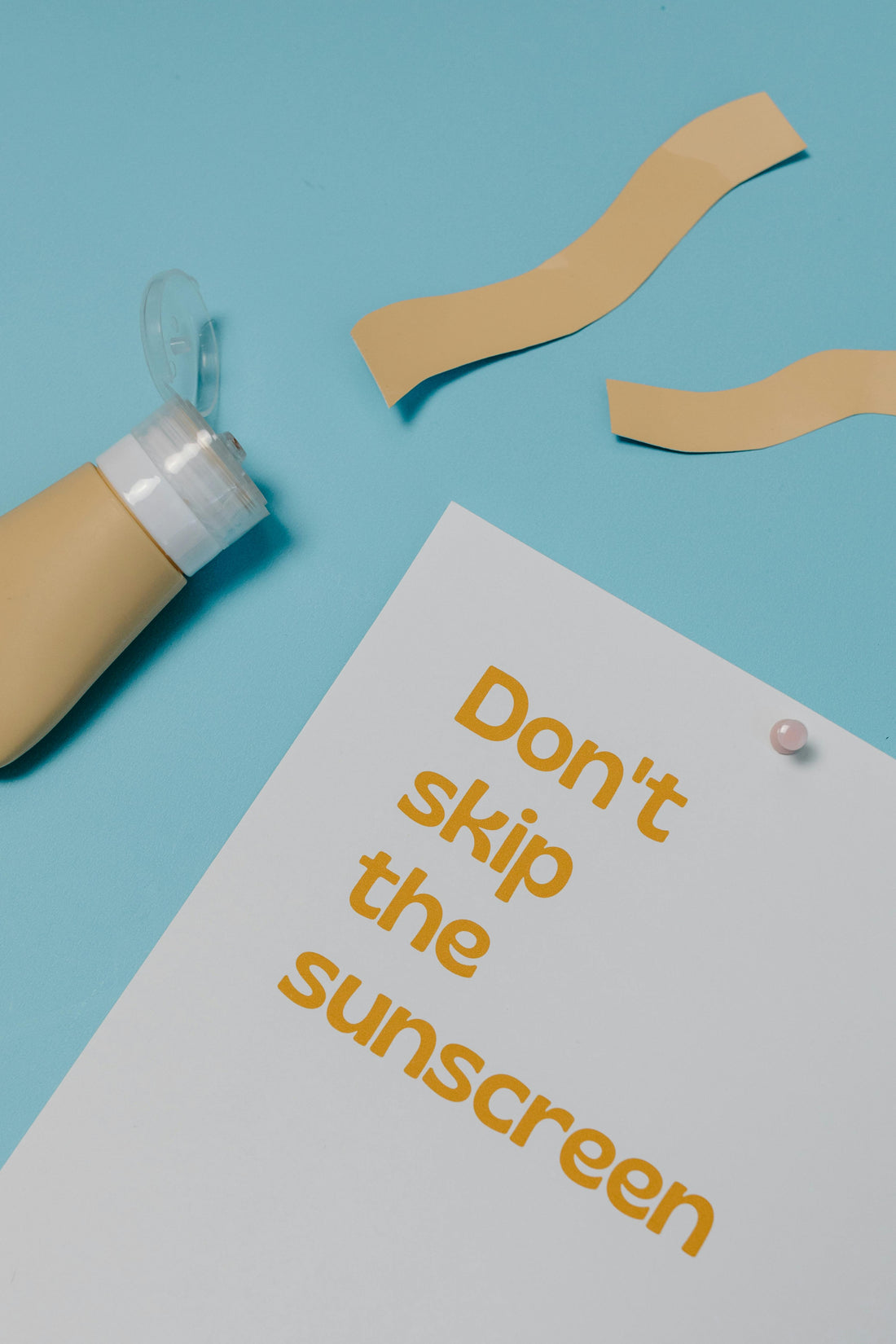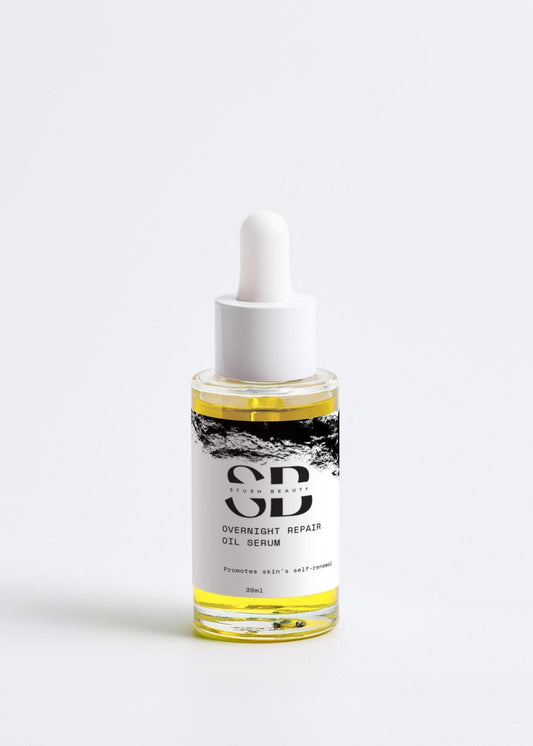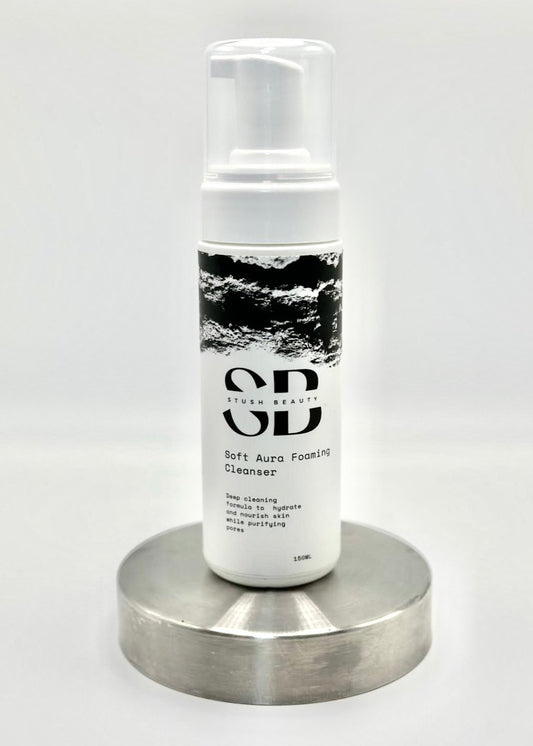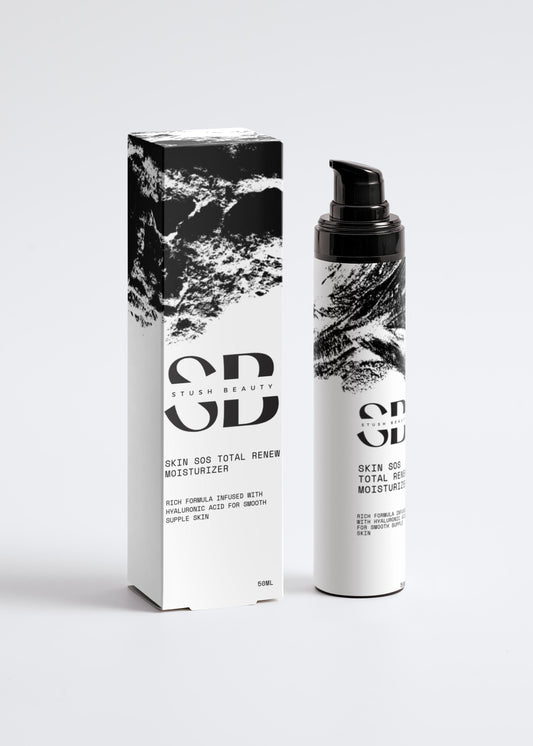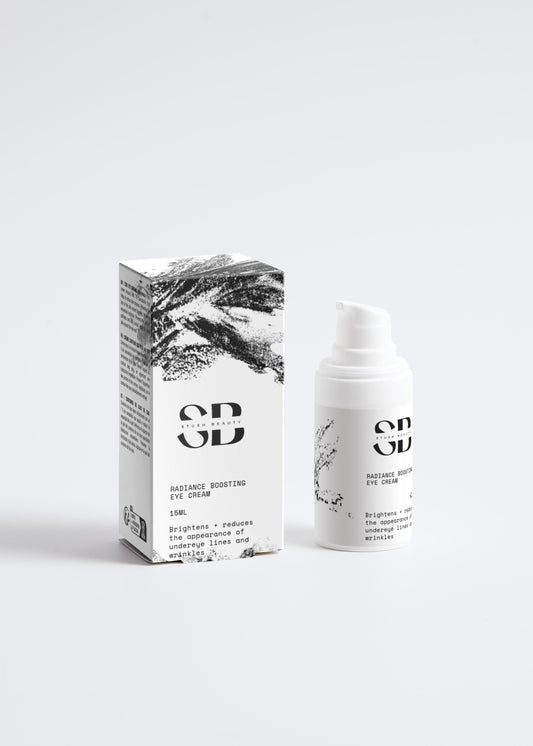As the sun peeks through the clouds or you bask in the glow of your indoor lighting, you might wonder, "Do I really need sunscreen?" It's a common misconception that SPF (Sun Protection Factor) is only necessary on sunny days or when spending time outdoors. However, the truth about sun protection extends beyond the brightness of the day.
Let's delve into the science and debunk some myths surrounding SPF application indoors and on cloudy days.
Myth 1: You Don't Need SPF Indoors
One prevailing misconception is that indoor environments shield you from harmful UV rays, rendering sunscreen unnecessary. While it's true that windows and walls block some UVB rays responsible for sunburn, they often allow UVA rays to penetrate.
UVA rays contribute to premature aging and can penetrate through glass windows. Therefore, if you spend significant time near windows or under artificial lighting, you're still at risk of UV exposure. Whether you're working near a window, driving, or simply lounging indoors, applying SPF is crucial for comprehensive sun protection.
Myth 2: Clouds Provide Sufficient Protection
Cloudy days might seem like a reprieve from the sun's intense rays, but don't let the overcast sky fool you. UV rays can penetrate through clouds, albeit to a lesser extent than on clear days. Even on a cloudy day, up to 80% of UV rays can reach your skin.
UV exposure remains a risk on cloudy days, especially if you're outdoors for extended periods. Reflective surfaces like water, sand, or snow can amplify UV radiation, further increasing your risk of sun damage. Therefore, applying sunscreen on cloudy days is essential to safeguard your skin from the sun's harmful effects.
The Importance of Daily Sun Protection
Regardless of the weather or your indoor activities, incorporating SPF into your daily skincare routine is crucial for maintaining healthy skin. UV radiation contributes to various skin concerns, including premature aging, wrinkles, dark spots, and an increased risk of skin cancer.
By applying broad-spectrum sunscreen with an SPF of 30 or higher every day, rain or shine, you can mitigate the damaging effects of UV radiation. Additionally, wearing protective clothing, seeking shade, and wearing sunglasses further enhance your sun protection regimen.
The need for SPF extends beyond sunny days and outdoor activities. Whether you're indoors or outdoors, on a clear day or a cloudy one, UV radiation poses a risk to your skin. Incorporating sunscreen into your daily skincare routine is essential for protecting your skin from the sun's harmful effects and maintaining its health and vitality.
Remember, when it comes to sun protection, consistency is key. Prioritize your skin's health by embracing sun-safe habits year-round, and your skin will thank you for it in the long run.
